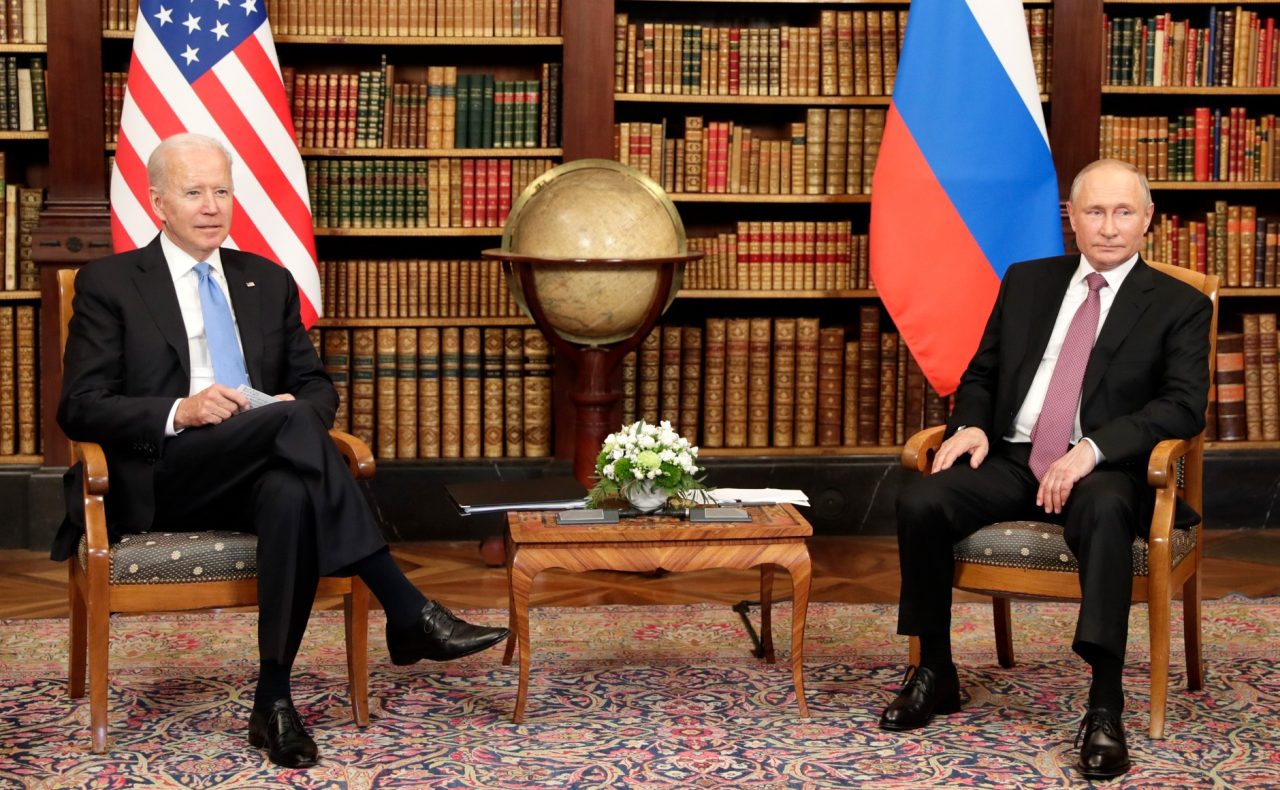Russia has suspended the US from further participation in its Venus exploration mission, Venera-D, amid the implementation of new sanctions against Russia, Dmitry Rogozin, the Head of the Russian space agency Roscosmos, told Sputnik on Saturday.
“Under the circumstances of new and preservation of the earlier implemented sanctions, I find it inappropriate for the US to further participate in the Russian project of development and creation of the Venera-D interplanetary station,” Rogozin said.
Russia plans to send the Venera-D probe to Venus in November 2029. The spacecraft, featuring orbital, landing, demonstration, and atmospheric modules, was initially planned as a joint Russia-US venture. In 2020, however, Roscosmos said that the Venera-D mission would be an independent national project and was not expected to attract significant international cooperation.
Russia is also aiming to send a Venus exploration mission in June 2031 and another one in June 2034 to study the planet’s atmosphere and, possibly, collect soil samples.
According to NASA, the US plans to launch two missions to Venus, with launches expected in the 2028-2030 timeframe. Deep Atmosphere Venus Investigation of Noble gases, Chemistry and Imaging (DAVINCI+) consists of a probe that will descend into Venus’ shrouded atmosphere.
A second mission, dubbed Venus Emissivity, Radio Science, InSAR, Topography, and Spectroscopy (VERITAS), will orbit the planet with a synthetic aperture radar able to penetrate clouds that hide the planet’s surface from astronomers on Earth.
On February 24, the US imposed export control sanctions targeting Russia’s defense, aerospace, and maritime sectors over a military operation in Ukraine. Moscow is now prohibited from purchasing an array of high-tech items, including semiconductors, computers, telecommunications, information security equipment, lasers, and sensors.
US-Russia Collaboration
Earlier, Russia’s space agency Roscosmos allocated 318 million rubles ($4.3 million) for the development of an automatic space station for Venus exploration, according to the country’s public procurement website.
Venera-D will be the first Venus probe launched by Russia. The contract between Roscosmos and the state-owned Lavochkin Research and Production Association envisages spending of 318.2 million rubles until March 2023.
According to the public procurement website, the company will have to “substantiate the feasibility of the mission and possible design solutions that ensure the study of the atmosphere, surface, internal structure and surrounding plasma of Venus at a modern scientific and technical level,” as well as “explore the possibility of returning Venus soil, atmosphere and aerosols samples to Earth.”
Russia plans to send the Venera-D probe to Venus in November 2029. The mission was initially planned as a Russia-US venture. However, Roscosmos said that the Venera-D mission was going to be an independent national project and was not expected to attract significant international cooperation.

Russia and the US later agreed on a joint Venus exploration mission, Roscosmos space agency chief Dmitry Rogozin had confirmed.
“We agreed with the Americans on a joint mission to Venus,” Rogozin said on the Soloviev Live YouTube show.
In June, a NASA spokesperson told Sputnik that the US space agency was ready to discuss further plans for Venus exploration with Russia.
According to NASA, the US plans to launch two missions to Venus, with launches expected in the 2028-2030 timeframe. Deep Atmosphere Venus Investigation of Noble gases, Chemistry and Imaging (DAVINCI+) consists of a probe that will descend into Venus’ shrouded atmosphere. A second mission dubbed Venus Emissivity, Radio Science, InSAR, Topography, and Spectroscopy (VERITAS) will orbit the planet with a synthetic aperture radar able to penetrate clouds that hide the planet’s surface from astronomers on Earth.
In the early hours of February 24, Russia launched a military operation in Ukraine after the breakaway republics of Donetsk and Luhansk requested assistance to defend themselves from attacks by Ukrainian troops.
The Russian Defense Ministry said the operation was targeting the military infrastructure of Ukraine, and the civilian population was not in danger. Moscow says it has no plans to occupy Ukraine.
- Via Sputnik News Agency
- Contact the author at nytten@gmail.com
- Follow EurAsian Times on Google News